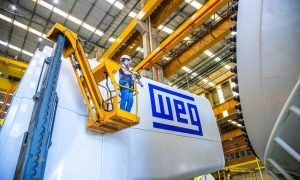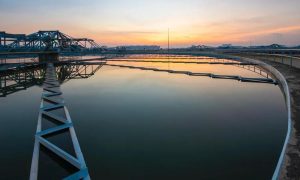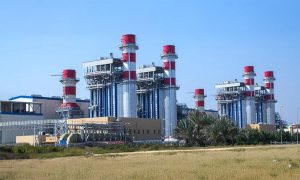Contractors welcome stricter action on Dubai noise pollution
Tougher regulation necessary to limit noise pollution on construction sites, contractors say.

Tougher regulations on noise pollution in Dubai would be a step in the right direction, but require the empowerment of health and safety officers, contractors say.
The Dubai Municipality has launched a campaign to survey noise pollution in the city, and has said firms breaching regulations will be penalised.
Contractors agree that increased regulation is necessary to safeguard the health of workers and residents in areas around construction sites.
More government regulation to prevent noise pollution from construction sites would be a good thing, says Junaid Khan, project manager at Al Badr Contracting.
Charles Menezes, HSE adviser at Asteco Contracting Company, agreed, saying improved regulation “should be implemented here in Dubai.”
Maged El-Hawary, projects control manager at Al Shafar General Contracting, says that while some legislation on noise pollution exists, there “definitely there needs to be more.”
Regulatory inspections need to be carried out to ensure rules are implemented properly, Khan says.
When asked what steps his company takes to minimize noise pollution, Khan says his company carries out the shifting of materials at night, with noisier work reserved for the daytime.
Maintenance of equipment is also a must to reduce noise, Khan says. “Equipment and the machinery we use should be well-maintained and with a good silencer system,” he says.
To ensure rules to reduce noise are followed, HSE (health, safety, and environment) officers need to be given more authority to implement safety regulations without objections from management, other contractors say.
“On many construction sites, the safety officers are not supported by the company because they think that it’s a loss for the company. Many safety officers are undergoing such problems,” says Menezes.
This happens, he adds, because construction companies may forego safety measures in a bid to reduce costs, while HSE officers also face objections from management over the cost of implementing such measures. To address this, Menezes says he feels the HSE aspect of a project should be considered from the tender process onwards.
“To get the project [construction companies] will forget safety… They will just give a quotation, and they will start a project and they will forget safety,” he says.
“Construction companies should be encouraged in having a safety officer for each and every construction site… They should be having the power to implement everything.”
Stricter noise pollution regulations, however, could mean that projects take longer for completion, cautions Brad Cornish, project manager at Dewan Architects and Engineers.
A huge factor in Dubai churning out megaprojects rapidly is that construction activity occurs around the clock, Cornish says. If this were to be more strictly regulated to curb noise pollution, it could “affect time periods considerably,” he says.
Certain construction-related noises are unavoidable though, Khan and Cornish agree, such as those generated by activities like drilling and cement-pouring.
In order to ensure noise-reducing measures are followed, “cooperation from all the parties” is required, Khan says.



















